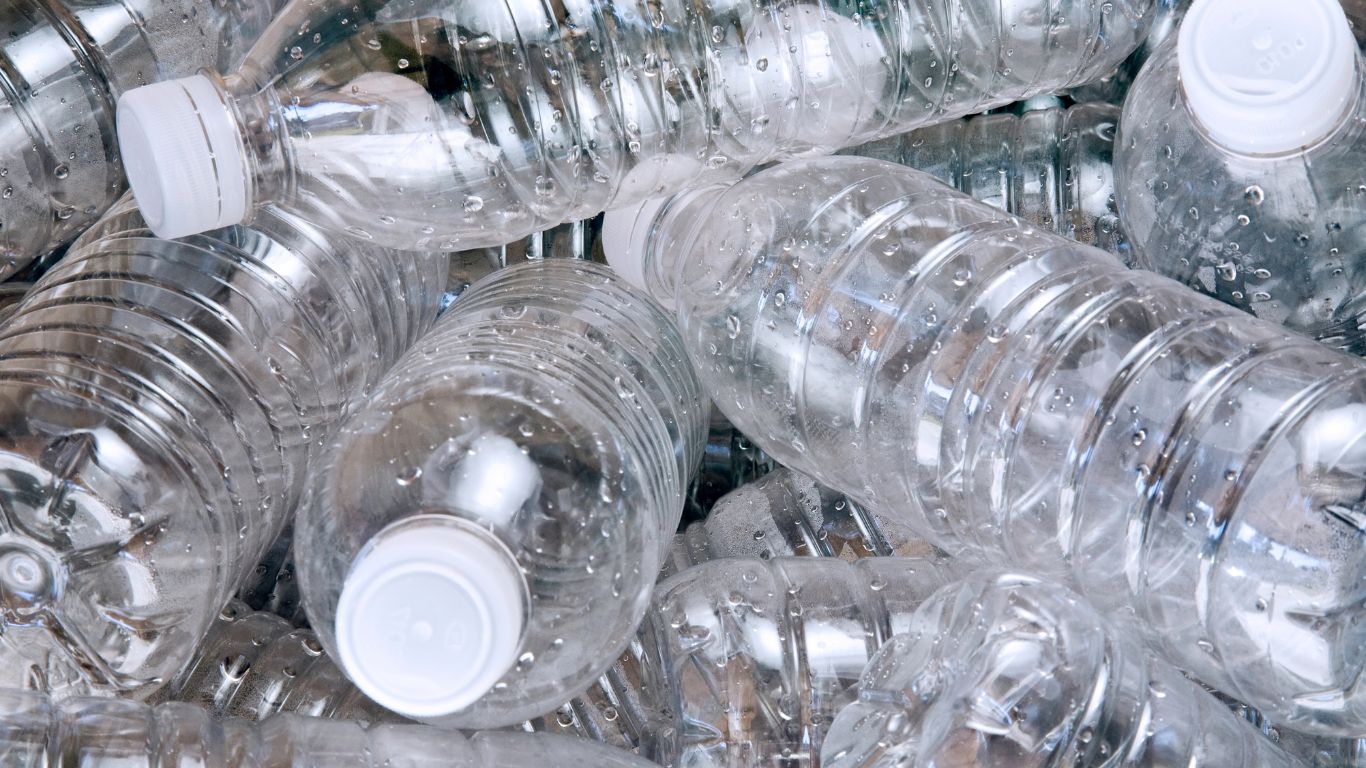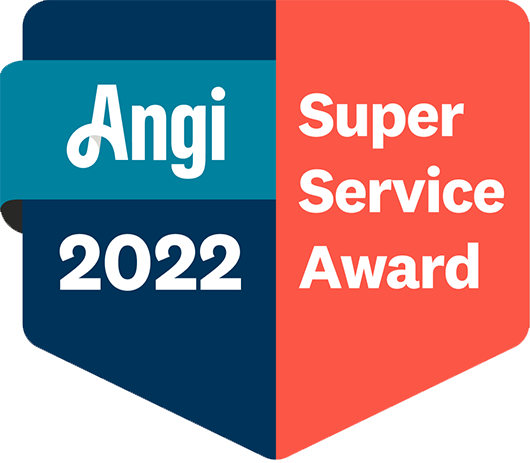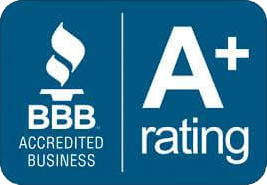In the quest for clean drinking water, many of us turn to bottled water, believing it to be the purest option available. However, recent studies reveal a troubling presence of plastics in bottled water, linking these microscopic contaminants to serious health risks such as heart attacks and strokes. These findings challenge our perceptions and underscore the need for safer, more sustainable alternatives in our daily water consumption.
Understanding the Threat in Bottled Water
- You Could Be Ingesting the Equivalent of a Credit Card Per Week: According to a recent study by Newcastle University in Australia, people may be consuming as much as 2,000 tiny pieces of plastic every week, the equivalent of a plastic credit card. Much of that ingestion comes from drinking bottled water. This raises significant concerns about widespread microplastic contamination, underscoring the pervasive presence of these particles in what many consider a safe drinking source.
- Nanoplastics in Bottled Water and Heart Disease: In 2024, The New England Journal of Medicine published a study linking nanoplastics—particles even smaller than microplastics – to heart disease. Similar to microplastics, nanoplastics can be ingested by people through drinking bottled water among the many sources. The journal noted that the small size may allow them to bypass traditional filtration systems and biological barriers, potentially leading to cardiovascular problems.
- Increased Cancer Risk: Some chemicals in plastic bottles, including BPA and phthalates, as well as potential chlorine byproducts from water treatment, have been associated with an increased risk of cancer.
These findings point to an urgent need for improved regulatory standards and filtration technologies to ensure water safety and public health. (And we haven’t even discussed the environmental impact of bottled water production either!)
How can you reduce your risk of ingesting plastics?
To effectively reduce your risk of ingesting plastics, both microplastics and nanoplastics, consider adopting more sustainable water sources and improving your water filtration methods at home. Installing advanced water purification systems, such as a reverse osmosis filtration system, can significantly reduce the presence of both microplastics and nanoplastics in your drinking water. Additionally, reducing reliance on plastic products, particularly single-use plastics, can help decrease overall plastic waste and subsequent breakdown into nanoplastic particles.
Simply PURE Reverse Osmosis System is Your Safest Water Choice
At Simply PURE Water Filtration, Inc., we understand the need for pure, safe drinking water. That’s why we recommend our Reverse Osmosis (RO) system.
- Our Reverse Osmosis system features a multi-stage filtration process that ensures every glass of water is exceptionally pure and great tasting. By removing up to 99% of all contaminants, including microplastics and nanoplastics, dissolved salts, heavy metals like lead and mercury, and harmful chemicals such as chlorine and fluoride, our system delivers nothing but pure, refreshing water.
- Enjoy pure water directly from your tap, anytime, without the hassle of storing and recycling plastic bottles.
- Choosing Simply PURE Water Filtration’s RO system means not only protecting yourself and your family from the hidden dangers of nanoplastics but also contributing to a more sustainable world.
It’s time to rethink our water sources, prioritize health, and take definitive steps towards a cleaner, safer future. We offer free water analysis and consultation. Contact us today to start improving your water quality. Switch to Simply PURE Water Filtration, Inc. and transform your tap into a trusted source of purity.
About Simply PURE Water Filtration Services
Living in and serving the Long Island community, we strive to make sure everyone has access to clean, healthy water. We have the experience, knowledge, and industry-leading technology to provide clean water solutions for water impurities, contaminants, hard water, bad tasting/odors, well water, acidity & pH regulations.
Proud members of the WQA (Water Quality Association), and the EWQA (Eastern Water Quality Association), we adhere to strict guidelines and the WQA code of ethics. As a Pentair True Blue Partner and Authorized Distributor of Pentair Products, there’s nothing comparable to the performance, and efficiency of our whole house purification systems, water softeners, neutralizers, whole-house filters, and alkaline reverse osmosis systems for drinking in the convenience of your home.
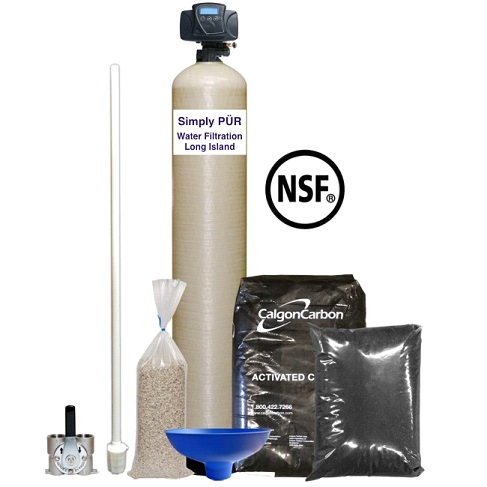
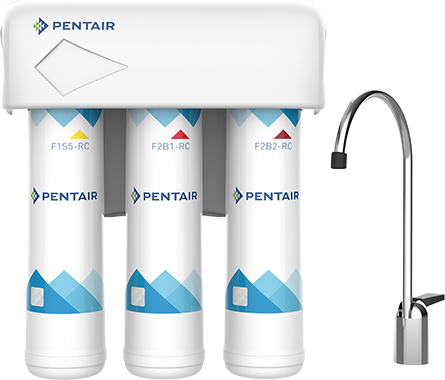
Our products are all NSF / ANSI certified, meeting the highest safety standards and quality performance. Providing our community with only the best experience of high quality water that’s Simply PURE from our family to yours!
Simply PURE utilizes accurate testing methods before and after system installation, as well as annual maintenance of all your water treatment equipment. Our Revolutionary Custom Built Water Treatment systems upon the completion of a Free In-Home Water Analysis, or an in-depth Comprehensive Water Analysis of your choice sent to our Certified Laboratory.

